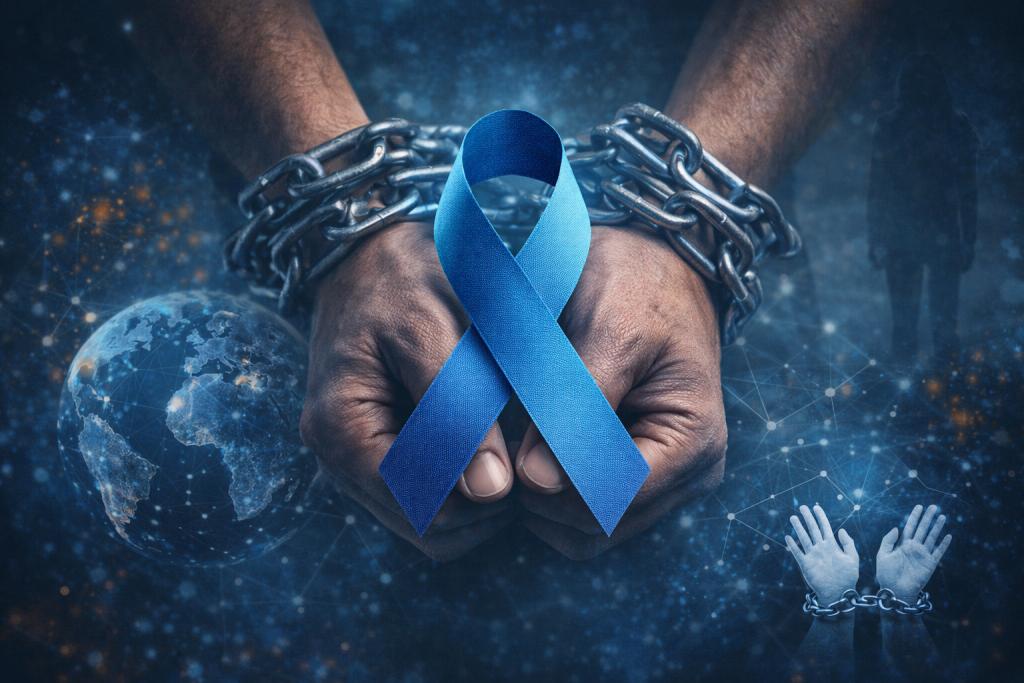January is National Human Trafficking Awareness Month. Human trafficking is exploitation, not a “bad choice.” It involves the use of force, fraud, or coercion for the purposes of labor exploitation or commercial sexual exploitation (Congressional Research Service [CRS], 2025). Individuals Read More …

